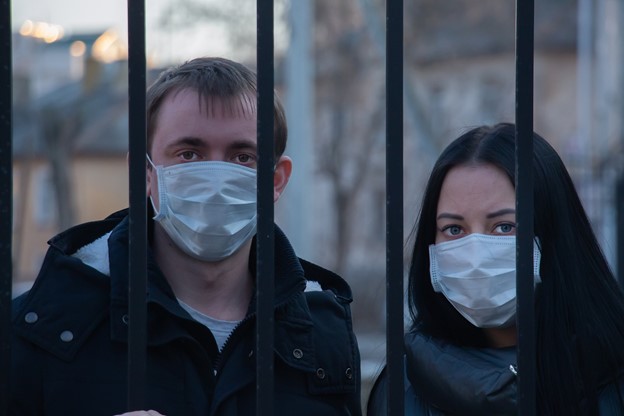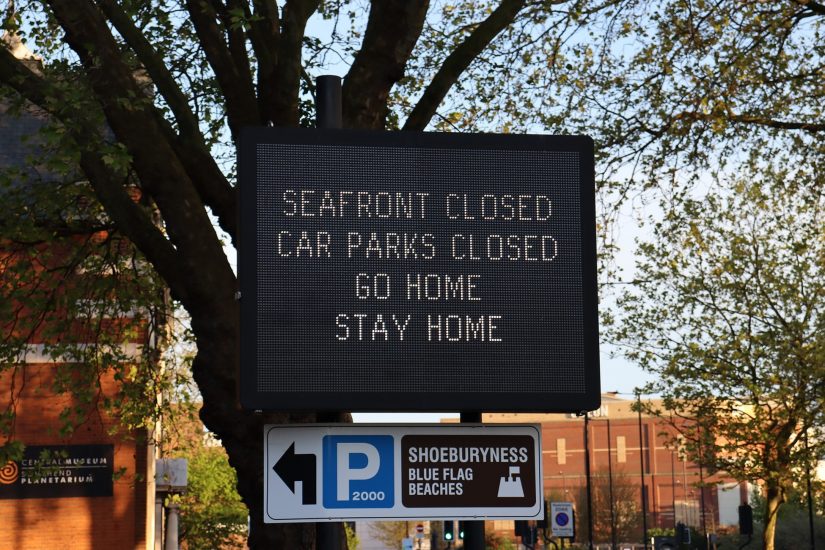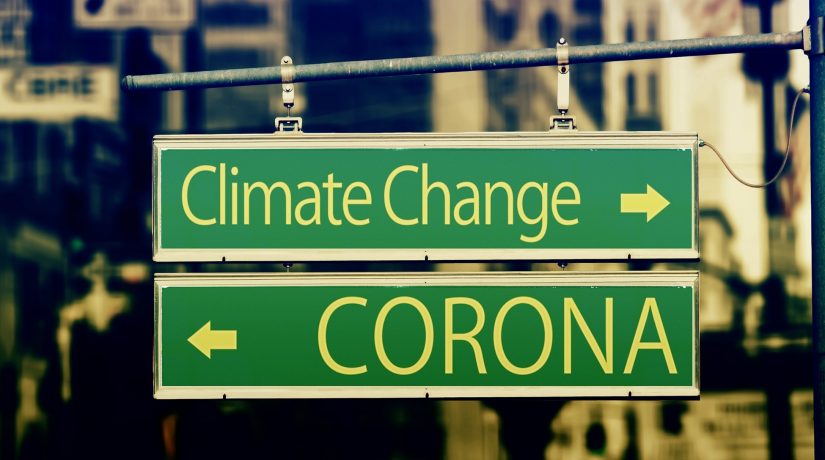Will COVID-19 change public opinions on science?

In a world full of increasing challenges, like the global COVID-19 pandemic caused by a novel zoonotic virus or the creeping threat of climate change, scientists and experts help guide society through the unknown. However, when expert involvement results in restrictions on personal freedoms, like whether one can visit a restaurant or has to pay an extra tax on their gasoline, recommendations meet resistance. The ability for science to integrate into policy will be an essential step to combating these global problems, and the public needs to be on board.
One key factor in the political saliency of scientific information is public trust. Current scientific research has the nasty tendency of remaining entirely separate from the lives of everyday Americans. The inaccessibility of scientific vernacular, and the fact that most current research sits behind publisher’s paywalls, both contribute to this. In addition, most recent scientific publications in prominent journals such as Science are not obviously relevant to the public’s ability to go to work, feed their families, take a vacation, or gather with friends. At least, that was the case until COVID-19…

Now, we face an era where the recommendations of scientists directly impact our day-to-day lives. In response, the scientific process, in all of its emotionally-distant, messy, iterative glory, has come into intense public scrutiny, as have the experts creating COVID-19 recommendations. As experts have learned more information about the nature of the virus and how people can keep themselves and the public safe, regulations have evolved much in the way that science does: in fits and starts, with lots of revision and review using the best available information.
“Don’t wear a mask.”
“Wear a mask.”
“Isolate for at least 10 days.”
“Only isolate for 5 days.”
“Get vaccinated.”
“Now get a booster shot.”
Putting the imperfect but effective scientific method under a rapid timeline with literal life-or-death consequences leaves much room for public skepticism. U.S. public confidence in medical experts and other scientists has decreased over the last year; survey data from the Pew Research Center shows about a 10% decrease in those who put a “great deal” of confidence in these officials.
If COVID-19 truly is the perfect storm for breeding distrust in scientific experts, what does that mean for the political saliency of science on other global problems like climate change? Will those who have lost their faith in science during the COVID era begin to broadly distrust experts in years to come? Luckily, COVID-19 is not the first time scientists have been questioned. Decades of research has looked into the types, trends, and sources of science denial in the context of environmental problems like climate change.
What Does Science Denial Look Like?
Trend Denial: When the basic data that defines the trend in the problem – think the classic Keeling Curve that has tracked the rise in CO2 concentrations in the atmosphere since 1960 – is refuted. Phrases like “there is no evidence” are common with this type of denial.
Consensus Denial: This is when the agreement of scientists and experts is called into question. This denial type prompted an extensive review of the scientific literature by researchers in the U.S., Canada, Australia, and the U.K. in an attempt to refute the scientifically unsupported claims that not all experts agree on the existence and/or causes of climate change. The review found a 97% consensus that scientists support the idea of human-caused climate change.
In the context of COVID-19, consensus denial has been especially problematic. Experts around the world have set regulations of varying severity, making it appear as though there is a lack of consensus on the information surrounding the pandemic. In truth, we are simply watching the scientific process in real time; as new information comes to light, previous predictions are revised and working hypotheses evolve to better explain the natural world.
Attribution Denial: This is when the problem itself is accepted, but the source of the problem is called into question, particularly when that source is us. Climate change is another easy example here; attribution denialists accept that the climate is warming, but that fossil fuel emissions from human activities are not the culprit. Often, the argument is made that natural changes in solar radiation are responsible for increased global temperatures. This is scientifically not the case.
Impact Denial: As the previous three denial types become harder to support when faced with ever increasing data to the contrary, another route is to accept the facts of the problem but refute the predicted impacts. Again, with climate change this turns into a challenge of scientists’ predictive capabilities and a focus on the uncertainty in scientific models. It could also be as simple as denying that the problem will have any significant impact on one’s own life. For COVID, it looks like, “Sure, people are dying of COVID, but I’m young and healthy, I won’t get dangerously sick.”
Denial of Policy Effectiveness: A fifth denial type was identified in 2020, in which the effectiveness of policies to address environmental problems (again, climate change in this specific case) is called into question. This denial type is typically used in attempts to delay climate change policy progress or impart the responsibility for action on other entities.

Denial Types on a Rapid Scale
While not an environmental problem per se, COVID-19 has been plagued by many of these denial types, seen in news stories and tweets by politicians as high up as the President.
First, prominent news agencies like FOX spread stories that COVID was a “global fraud” – classic trend denial. Other claims that the seasonal flu kills more people than COVID-19 have been tossed around, challenging the impact of the virus. This is decidedly not the case in the U.S. or globally. In the last 10 years, the seasonal flu has killed 12,000-52,000 people in the US each year compared to COVID-19, which has killed almost a million people in the last two years in the U.S. (close to 6 million globally).
On a timescale as rapid as COVID-19, combatting confusion and distrust surrounding pandemic science and recommendations is a monstrous task. You can’t help but wonder how this intense intrusion of science into the public’s daily life – this window into the imperfect process that is science – has impacted the public view of experts and scientific information in areas beyond global health.
Climate change denial in the COVID-19 era
Climate change denial has moved its way through these five types over the years. Most people now accept that the evidence proving climate warming trends is unavoidable, that there is a consensus among scientists, and that the issue is in fact human-caused. Now, the strongest denial lies within the realm of impact and policy effectiveness. Will the COVID era, a time point where expert recommendations have increased personal hardships in the name of the greater good, cause the public to re-evaluate their overall trust in science, especially for global problems like climate change?
In my thesis, I am hoping to find an answer to this question in the Twitterverse. If COVID has impacted public conversations about the science surrounding other global problems, we may be able to see it by comparing the ratios and total abundance of each of these denial types in climate change Tweets before and after COVID hit the U.S. If the COVID era has indeed impacted trust in experts at large, it is likely that we will see greater occurrence of trend, consensus, and attribution denial in Twitter posts about climate change in the year after COVID-19 as compared to the year leading up to it. Only time (AKA many hours of thesis research) will tell…